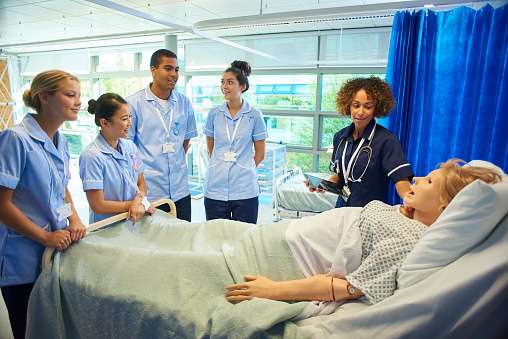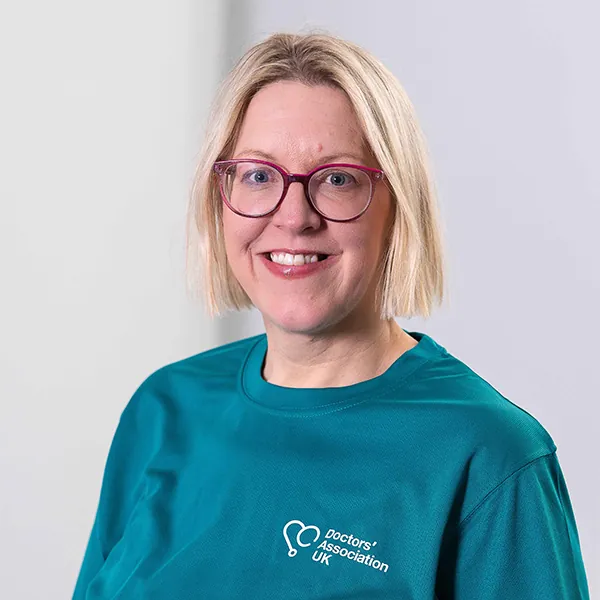
A total of 791 final year medical students were placed on the reserve list for the UK Foundation Programme (UKFPO) last week, after not being allocated a placement for FY1.1 This is the largest reserve list to date and an increase of 300 from last year, despite official figures showing that the NHS in England is short of almost 8,200 doctors.2 It costs £230 000 to train a single medical student.3 So why, in the context of an understaffed NHS with worsening rates of workforce attrition due to the covid-19 pandemic, can we still not provide timely job security to all final year medical students?
Ten years ago, the General Medical Council (GMC) stated that: “students who enter medical school have a legitimate expectation that if they pass their examinations and graduate, they should have the opportunity to qualify as a doctor.” For the hundreds of students on the reserve list, this is not the case, and they have been left waiting for posts to become available. In previous years everyone on the reserve list was eventually offered a place, but faced uncertainty while they waited to find out.
The Doctors’ Association UK (DAUK), a grassroots advocacy group for doctors and medical students, received numerous accounts from final year students expressing their distress and frustration at being placed on the reserve list last year. Listening to these testimonies, revealed that students who applied for special circumstances, due to ill health, caring responsibilities, or financial constraints, appear to be disadvantaged. Even if a post becomes available for them, if it is not within the geographical area they selected, they face the predicament of choosing medicine over their personal circumstances, and are left unsure of where they will be living and working.
The UKFPO says it expects all applicants will be allocated a post this year “as in previous years” but these promises fail to address the existing flaws in the system, and risk compounding the mental health crisis facing junior doctors.
One final year student with carer responsibilities told DAUK that their special circumstances were not considered because the application form stated they were the “main carer” instead of the “primary carer.” A subsequent appeal was rejected. The DAUK has heard from other students with family responsibilities, which make it impossible to move away from home, who have said that they feel overwhelmed with the uncertainty.
For students who do not get allocated a foundation job and have to take time out of training, the financial strain is untenable for many. The average medical graduate has £70 000 of student debts and cannot afford a year out of training with no steady income. There are many existing barriers for students from financially strained backgrounds to complete medical school.4 Lack of an appropriate post is an obstacle to postgraduate training and does not recognise the challenges that medical students face trying to combine their responsibilities as carers alongside their medical training.
For final year students, who have worked tirelessly for half a decade, being placed on the reserve list is hugely undermining and anxiety provoking.
Unless action is taken, the UKFPO will remain oversubscribed and students who require special circumstances will continue to be disadvantaged if we do not address current flaws in the system.
As the NHS recovers from the covid-19 pandemic, there is no better time for change. The current recruitment issues need to be addressed swiftly, to optimise the local workforce and for fair treatment of candidates.
Footnotes
- Competing interests: EW and FR none declared. AB was a reserve list candidate last year.




